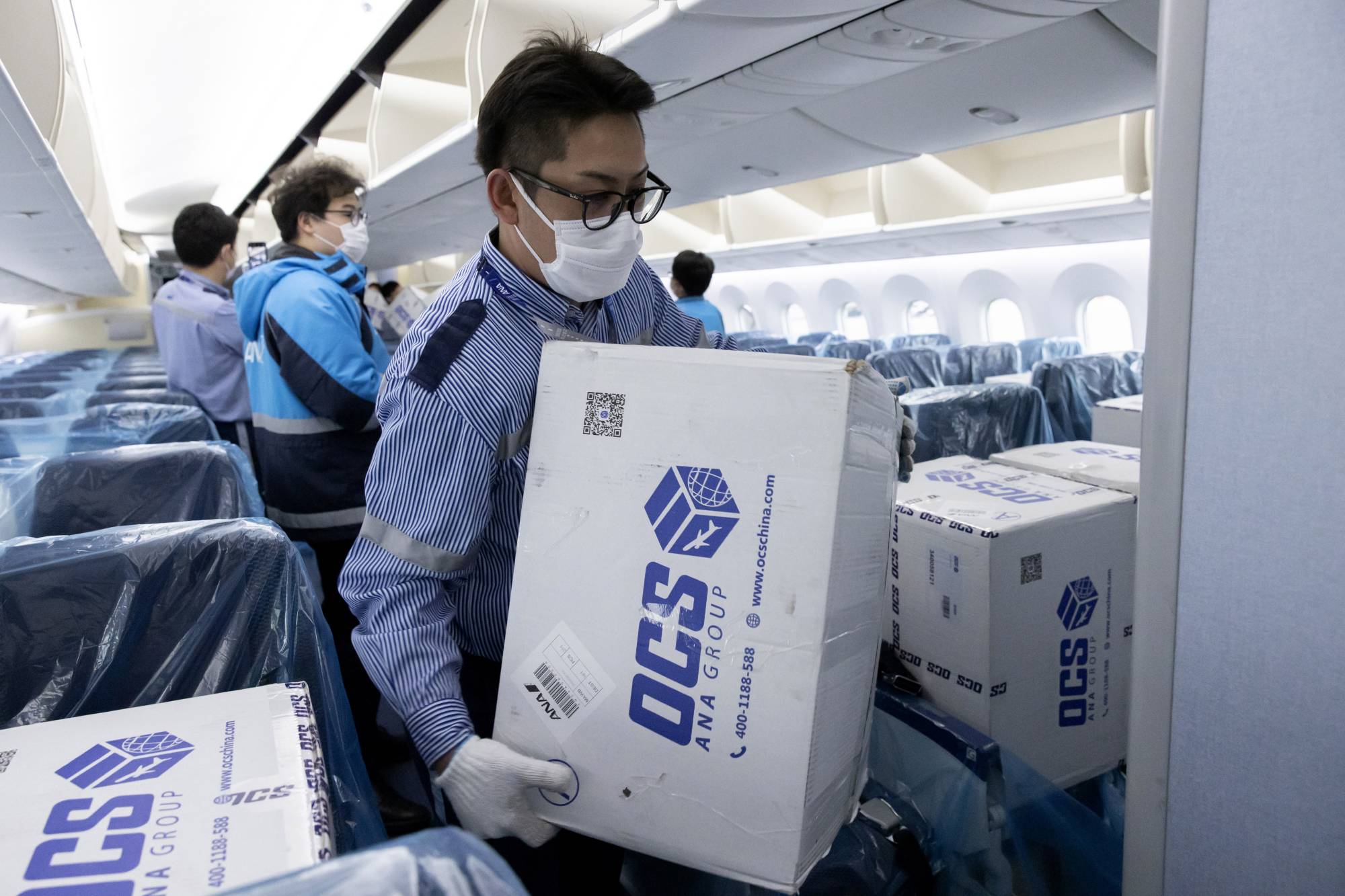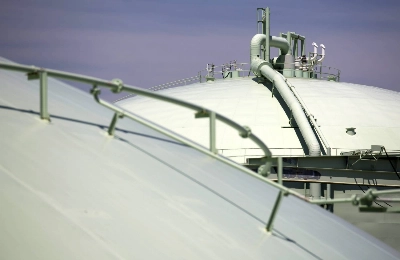The government said March 5 that Chinese President Xi Jinping’s much-anticipated visit to Japan would be postponed. Given the worsening COVID-19 pandemic, the news was hardly surprising. The next day, the government announced tightened restrictions on travel from China. That prompted criticism from those observers who saw the timing as suggesting that Prime Minister Shinzo Abe had held off on the travel restrictions out of consideration for Xi’s visit.
However, something else was happening on March 5. At 5:15 p.m., Abe made the following statement at the 36th Council on Investments for the Future at the Prime Minister’s Office: “There are some concerns over the impacts of the decline in product supply from China to Japan on our supply chains. In light of that, as for those products with high added value and for which we are highly dependent on a single country, we intend to relocate the production bases to Japan. Regarding products that do not fall into this category, we aim to avoid relying on a single country and diversify production bases across a number of countries, including those of the Association of Southeast Asian Nations.”
This was Abe himself announcing a policy based on concerns about the risk of Japan’s supply chains being excessively dependent on China.

















With your current subscription plan you can comment on stories. However, before writing your first comment, please create a display name in the Profile section of your subscriber account page.